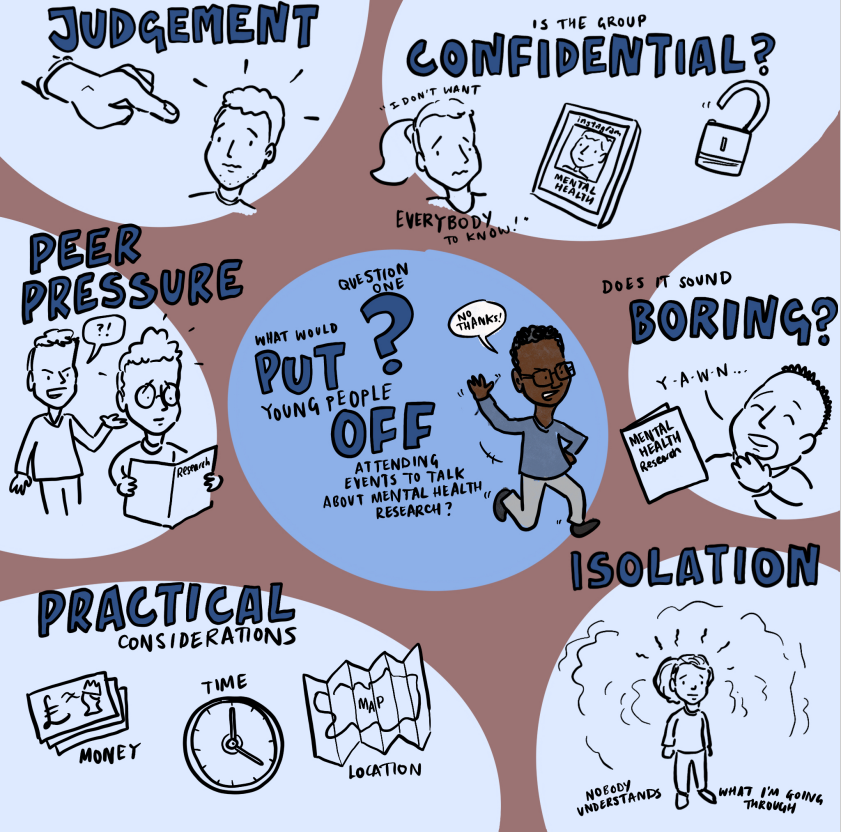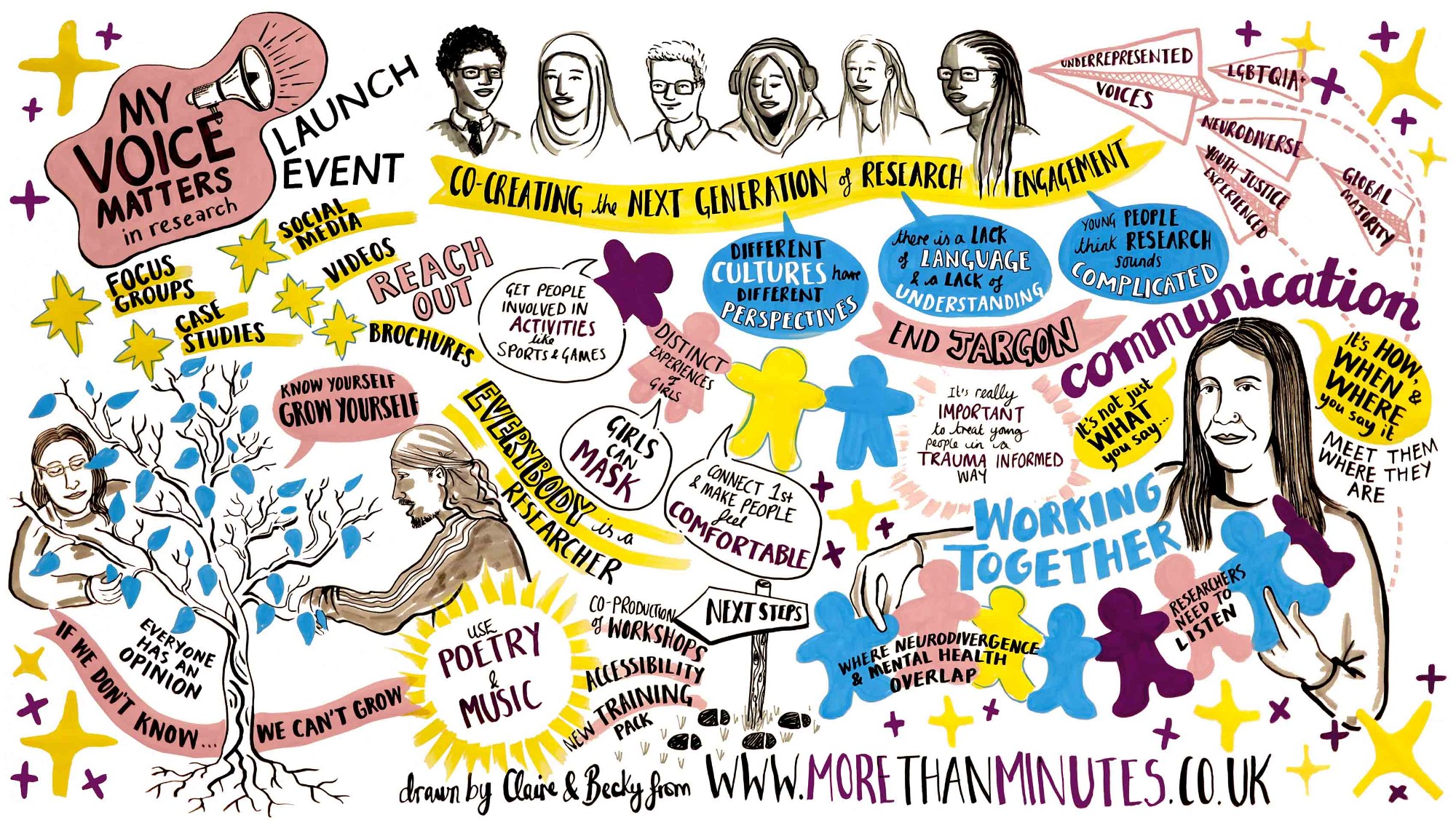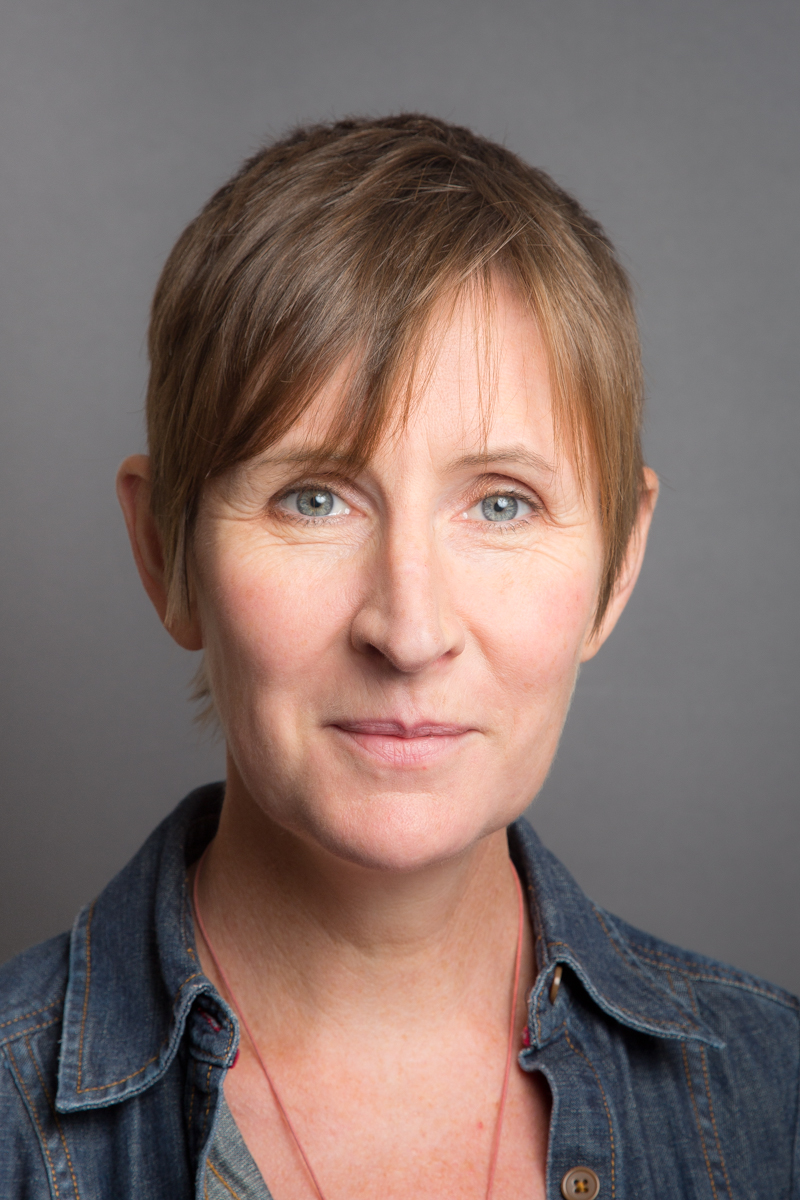My Voice Matters
Visit the My Voice Matters in Research microsite for more information on this, and the Fairer Futures study.
What were we trying to do?
We wanted to understand what could prevent young people from getting involved in mental health research. By identifying these barriers, we could begin to co-design research processes that were more appealing and accessible to young people.
Why was this important?
Understanding what can get in the way of young people engaging in mental health research is vital if we want to shape more inclusive, effective, and impactful research that informs the development of mental health services. Young people often face unique mental health challenges, but their voices are underrepresented in the research that informs services and policy.
Without the input of young people - especially young people from underrepresented and intersectional identities and communities - we risk designing interventions that don’t reflect their lived experiences or meet their needs. Encouraging their engagement not only improves the quality and relevance of mental health research but also empowers young people as active contributors to the systems that affect their wellbeing.
How did we do it?
Together with the Young People’s Mental Health Research Centre at Pennine Care NHS Foundation Trust and the Manchester Centre for Youth Studies at Manchester Metropolitan University, we hosted a series of workshops, run by young people and Made by Mortals, where we explored what can make mental health research involvement off-putting, and what could make it more appealing.
Two large engagement events took place, one in February 2024 and a second – the launch of the My Voice Matters initiative – in February 2025. There were 4 further workshops looking at ‘Character Exchange’, ‘Tree of Life’ and ‘Facing Shadows’. The workshops helped young people tell their stories, share their ideas for change, and design training materials to develop the next generation of research with young people to transform mental health research and services.
Discussions at the workshops helped to create a number of useful resources, which can be viewed on the My Voice Matter in Research microsite. The resources include:
- digital training modules
- ‘journey maps’ to show the barriers and opportunities that exist
- illustrations to bring the work to life
There will be a study celebration in March 2026.
Findings
Each of the workshops included discussions on a range of topics linked to young people’s involvement in mental health research. People’s opinions and ideas were gathered together throughout the project with outputs and recommendations now available on the My Voice Matters in Research microsite.
Here is additional information on the first two workshops.
February 2024 workshop
We explored three main questions in this session, which involved people from Pennine Care, Manchester Metropolitan University, Made by Mortals, 42nd Street, and Mindset Revolution:
- What would put young people off attending events to talk about mental health research?
- What should future events about young people's mental health research look like?
- What should researchers do differently to engage young people in conversations about research?
Feedback from the session was illustrated by the artist Tom Bailey.

Read more about the event and see the workshop feedback.
February 2025 launch event
This event brought together young people, researchers, and healthcare professionals to explore how we can make mental health research more inclusive and attractive to young people.
The session had 3 main themes, with discussion and creative activities designed to thoroughly explore each one:
- What makes it difficult for young people from different backgrounds to take part in mental health research?
- How should mental health research training be designed to be inclusive and accessible?
- What would help young people and researchers collaborate more effectively?
More Than Minutes created a detailed visual that captured the main points discussed at the launch:

Who did we work with?
- Young People’s Mental Health Research Centre at Pennine Care NHS Foundation Trust
- Manchester Centre for Youth Studies at Manchester Metropolitan University
- Made by Mortals
- Tameside, Oldham and Glossop Mind (TOG Mind)
Resources
For more information on the My Voice Matters project, and to access the resources, visit the My Voice Matters in Research microsite.
Funding information
This work was funded by the NIHR Mental Health Research Initiative.
More information

Programme Manager
Gill Rizzello
gill.rizzello@manchester.ac.uk